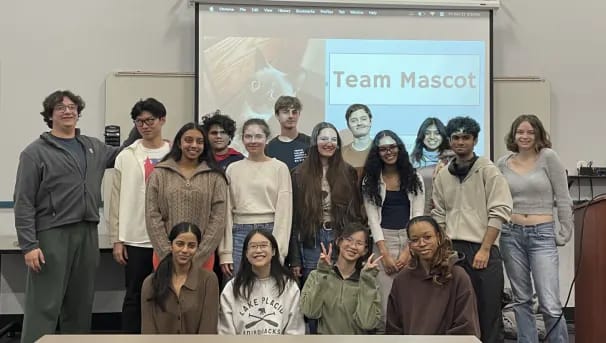The International Genetically Engineered Machine (iGEM) competition began in 2003 at the Massachusetts Institute of Technology (MIT) as an independent study course. Over the past two decades, it has evolved into a global, interdisciplinary platform that drives innovation and collaboration in synthetic biology.
At its core, iGEM fosters creativity, responsibility, and impactful research, shaping the future of synthetic biology.

Our Project
Background
Heavy metals like arsenic, cadmium, lead, and mercury are common soil contaminants that plants absorb, allowing them to enter the food chain and pose serious health risks to humans and animals, including neurological damage and organ failure.
Heavy metal contamination is a growing concern globally, especially in areas with industrial, mining, or agricultural activities. The World Health Organization estimates that millions of people are at risk of poisoning through contaminated food and water.
Current methods for addressing heavy metal contamination, such as chemical testing and physical remediation, are costly and environmentally invasive. There is a clear need for innovative, sustainable solutions.
Goals
Our project uses synthetic biology to engineer soil microbes that interact with plants to reduce heavy metal uptake. Specifically, we aim to:
- Utilize plant-bacteria interactions to minimize heavy metal absorption by plants.
- Engineer genetic circuits in microbes to sense heavy metals and respond by absorbing contaminants releasing signaling molecules to alter plant uptake.
- Refine a computational model to predict the behavior of these circuits in soil, optimizing effectiveness.
By combining biological engineering with computational modeling, our approach offers a sustainable, environmentally friendly alternative to traditional remediation methods. This work has the potential to improve food safety, protect ecosystems, and promote sustainable agriculture.
Our Team
Our team is composed of individuals from a wide range of majors, including biology, biomedical engineering, psychology, business, and more. This interdisciplinary blend of knowledge and skills enables us to approach the challenges of synthetic biology with creativity, collaboration, and a shared commitment to innovation.
To ensure a well-rounded approach to our project, we have established several sub-teams, including Wet Lab, Dry Lab, Human Practices, and Finance. Each sub-team plays a crucial role in driving our project forward, from experimental design and data analysis to community engagement and fundraising. Together, we are working collaboratively to make a meaningful impact and push the boundaries of synthetic biology!
Why Donate?
By sponsoring our inaugural iGEM team, you are investing in the future of synthetic biology at UMass Amherst. Your support will lay the foundation for a legacy of innovation, empowering students to make meaningful contributions to this rapidly growing field. Together, we can inspire and equip future generations of scientists to tackle global challenges.
As part of an international competition, your sponsorship reaches a global audience, offering your organization recognition on a world stage. Locally, your support will enable us to engage the UMass community through outreach programs, educational initiatives, and public events, inspiring the next generation of scientists and engineers.
Donating at higher levels unlocks exclusive perks and benefits, varying by tier. Our finance team will gladly discuss other sponsorship items outside of those included within each tier, to ensure we provide services of equal value to your generous sponsorship.
We greatly appreciate any donations! Make sure to follow our progress @umassigem on Instagram!













